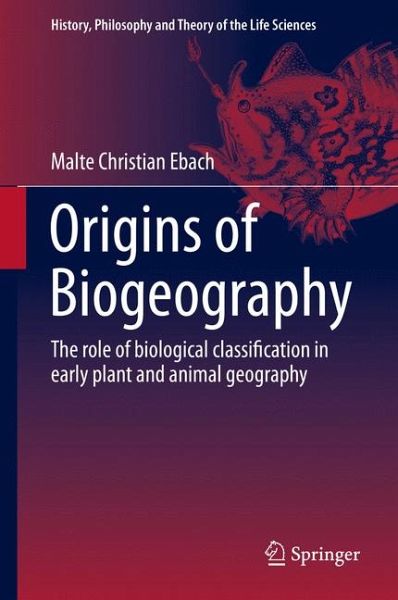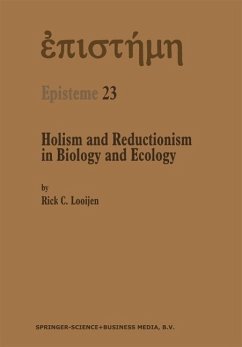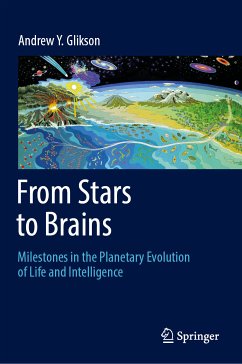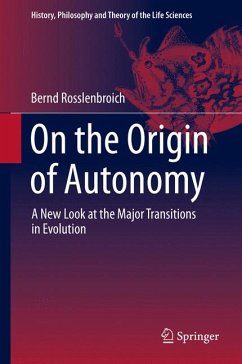
Origins of Biogeography (eBook, PDF)
The role of biological classification in early plant and animal geography
Versandkostenfrei!
Sofort per Download lieferbar
40,95 €
inkl. MwSt.
Weitere Ausgaben:

PAYBACK Punkte
20 °P sammeln!
This book presents a revised history of early biogeography and investigates the split in taxonomic practice, between the classification of taxa and the classification of vegetation. It moves beyond the traditional belief that biogeography is born from a synthesis of Darwin and Wallace and focuses on the important pioneering work of earlier practitioners such as Zimmermann, Stromeyer, de Candolle and Humboldt.Tracing the academic history of biogeography over the decades and centuries, this book recounts the early schisms in phyto and zoogeography, the shedding of its bonds to taxonomy, its adop...
This book presents a revised history of early biogeography and investigates the split in taxonomic practice, between the classification of taxa and the classification of vegetation. It moves beyond the traditional belief that biogeography is born from a synthesis of Darwin and Wallace and focuses on the important pioneering work of earlier practitioners such as Zimmermann, Stromeyer, de Candolle and Humboldt.
Tracing the academic history of biogeography over the decades and centuries, this book recounts the early schisms in phyto and zoogeography, the shedding of its bonds to taxonomy, its adoption of an ecological framework and its beginnings at the dawn of the 20th century. This book assesses the contributions of key figures such as Zimmermann, Humboldt and Wallace and reminds us of the forgotten influence of plant and animal geographers including Stromeyer, Prichard and de Candolle, whose early attempts at classifying animal and plant geography would inform later progress.<
The Origins of Biogeography is a science historiography aimed at biogeographers, who have little access to a detailed history of the practices of early plant and animal geographers. This book will also reveal how biological classification has shaped 18th and 19th century plant and animal geography and why it is relevant to the 21st bio geographer.
Tracing the academic history of biogeography over the decades and centuries, this book recounts the early schisms in phyto and zoogeography, the shedding of its bonds to taxonomy, its adoption of an ecological framework and its beginnings at the dawn of the 20th century. This book assesses the contributions of key figures such as Zimmermann, Humboldt and Wallace and reminds us of the forgotten influence of plant and animal geographers including Stromeyer, Prichard and de Candolle, whose early attempts at classifying animal and plant geography would inform later progress.<
The Origins of Biogeography is a science historiography aimed at biogeographers, who have little access to a detailed history of the practices of early plant and animal geographers. This book will also reveal how biological classification has shaped 18th and 19th century plant and animal geography and why it is relevant to the 21st bio geographer.
Dieser Download kann aus rechtlichen Gründen nur mit Rechnungsadresse in A, B, BG, CY, CZ, D, DK, EW, E, FIN, F, GR, HR, H, IRL, I, LT, L, LR, M, NL, PL, P, R, S, SLO, SK ausgeliefert werden.













